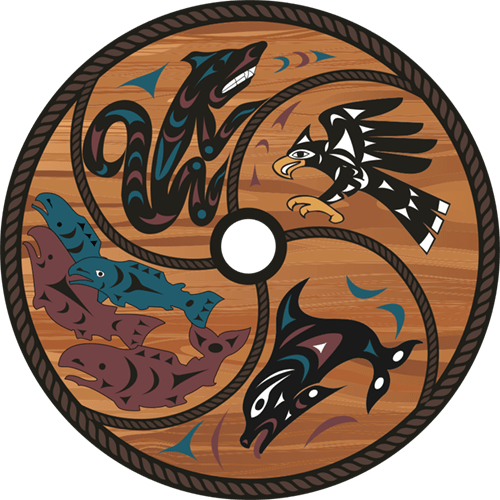UNITED NATIONS DECLARATION ON THE RIGHTS OF INDIGENOUS PEOPLES
NEWS PROVIDED BY: indigenousfoundations.arts.ubc.ca
The United Nations Declaration on the Rights of Indigenous Peoples (UNDRIP) is an international instrument adopted by the United Nations on September 13, 2007, to enshrine (according to Article 43) the rights that “constitute the minimum standards for the survival, dignity and well-being of the indigenous peoples of the world.” The UNDRIP protects collective rights that may not be addressed in other human rights charters that emphasize individual rights, and it also safeguards the individual rights of Indigenous people. The Declaration is the product of almost 25 years of deliberation by U.N. member states and Indigenous groups.
The first of the UNDRIP’s 46 articles declares that “Indigenous peoples have the right to the full enjoyment, as a collective or as individuals, of all human rights and fundamental freedoms as recognized in the Charter of the United Nations, the Universal Declaration of Human Rights(4) and international human rights law.” The Declaration goes on to guarantee the rights of Indigenous peoples to enjoy and practice their cultures and customs, their religions, and their languages, and to develop and strengthen their economies and their social and political institutions. Indigenous peoples have the right to be free from discrimination, and the right to a nationality.
Join Over 500,000 Students Enjoying Avada Education Now
Become Part of Avada University to Further Your Career.







